New Zealand’s stunning landscapes and high quality of life come with a catch: its cost of living. Cities like Auckland and Wellington rank among the world’s most expensive, but with strategic planning, you can enjoy a comfortable lifestyle without overspending. Here’s a detailed guide to thriving in NZ on a budget.
1. Budgeting Like a Pro
Adopt the 50/30/20 Rule
-
50% Needs: Rent, groceries, utilities, and transport.
-
30% Wants: Dining out, hobbies, travel.
-
20% Savings: Emergency funds, KiwiSaver contributions, or debt repayment.
Track Expenses
Use apps like PocketSmith or SortedNZ (a government-backed tool) to monitor spending. Identify leaks (e.g., subscriptions, impulse buys) and cut back.
Leverage Free Banking
Banks like ASB and Kiwibank offer fee-free accounts. Avoid ATM fees by sticking to your bank’s network.
Set Financial Goals
-
Build a 3–6 month emergency fund.
-
Contribute to KiwiSaver for retirement and first-home grants (if eligible).
2. Affordable Housing Hacks
Choose Location Wisely
-
Cities: Opt for suburbs slightly outside CBDs (e.g., Christchurch’s Woolston or Auckland’s Glen Innes).
-
Regions: Smaller towns like Palmerston North or Dunedin offer lower rents (avg. 300–450/week for a 3-bedroom house vs. $600+ in Auckland).
Flatting (Housesharing)
-
Split costs by renting a room in a shared house. Use TradeMe Flatmates, Facebook groups, or FlatFinder.nz.
-
Negotiate rent for long-term stays or offer help with maintenance.
Alternative Housing
-
Boarding: Live with a family for 150–250/week, often including utilities.
-
Tiny Homes: Rent or build a minimalist space (popular in rural areas).
-
House Sitting: Use platforms like Kiwi House Sitters for free accommodation in exchange for pet/plant care.
Government Support
Check eligibility for the Accommodation Supplement, which provides weekly payments to offset rent/mortgage costs.
3. Save on Groceries
Shop Smart
-
Budget Supermarkets: Pak’n’Save (cheapest), followed by Countdown and New World. Use their apps for digital coupons.
-
Ethnic Stores: Indian or Asian markets often sell spices, rice, and produce at lower prices.
-
Bulk Buying: Join a wholesaler like Costco (Auckland) or split bulk purchases with flatmates.
Reduce Waste
-
Plan meals weekly and freeze leftovers.
-
Buy seasonal produce (e.g., kiwifruit in winter, berries in summer).
Grow Your Own
Even small gardens or balcony pots can yield herbs, lettuce, or tomatoes. Join a community garden (common in cities) for shared space.
4. Affordable Transport
Ditch the Car (If Possible)
-
Public Transport: Use Auckland’s AT HOP card or Wellington’s Snapper card for discounted fares.
-
Bike/Walk: NZ cities are increasingly bike-friendly (e.g., Christchurch’s cycleways).
Car Hacks
-
Buy a used Japanese import (Toyota Aqua or Honda Fit) for reliability and fuel efficiency.
-
Use Gaspy to find the cheapest petrol nearby.
-
Carpool with coworkers via Facebook groups or Carpool NZ.
5. Slash Utility Bills
Power Providers
Compare rates on Powerswitch.org.nz. Providers like Electric Kiwi (free hour of power daily) or Flick Electric (off-peak plans) can save 10–20%.
Energy-Saving Tips
-
Dry clothes outdoors.
-
Use energy-efficient heaters (heat pumps) and LED bulbs.
-
Insulate homes to reduce heating costs (check if you qualify for a government subsidy).
Internet & Mobile
-
Broadband: Skinny or Stuff Fibre offer unlimited plans from $65/month.
-
Prepaid Mobile: $19/month plans from Kogan or Warehouse Mobile include enough data for most users.
6. Low-Cost Entertainment
Embrace Nature
-
Hike iconic trails (free!), visit beaches, or explore DOC parks.
-
Borrow camping gear from friends for budget weekend getaways.
Free Events
-
Attend festivals like Wellington’s CubaDupa or local markets.
-
Check Eventfinda or community boards for free workshops, concerts, or art exhibitions.
Libraries & Museums
-
Borrow books, DVDs, or even musical instruments from libraries.
-
Many museums (e.g., Te Papa in Wellington) offer free entry.
Student & Community Discounts
-
Use a Student ID or Community Services Card for discounts on movies, transit, and activities.
7. Healthcare on a Budget
Public System
-
Most treatments are subsidized, but expect wait times for non-urgent care. Register with a local GP (avg. 50–70 per visit).
Prescriptions
-
Chemist Warehouse often offers the lowest pharmacy prices.
-
The $5 Prescription Subsidy caps medication costs for NZ residents.
Dental
-
Dental schools (e.g., University of Otago) provide low-cost services by supervised students.
8. Boost Your Income
Side Hustles
-
Freelance on platforms like Upwork or Fiverr.
-
Sell unused items on TradeMe or Facebook Marketplace.
Work Exchange
-
WWOOFing or HelpX offers free accommodation in exchange for farm/backpacker hostel work.
9. Mindset Shift: Live Simply
-
Embrace Minimalism: Focus on experiences over possessions.
-
Community Sharing: Borrow tools, swap clothes, or join community fruit-picking groups.
Final Tips
-
Stay Informed: Follow NZ’s Money Talks podcast or blogs like The Cheap Eats for deals.
-
Network: Connect with locals for insider tips on affordable gems.
Living comfortably in New Zealand isn’t about earning more—it’s about spending wisely. By prioritizing needs, leveraging community resources, and embracing NZ’s natural beauty, you can enjoy the good life without financial stress. 🌿🇳🇿

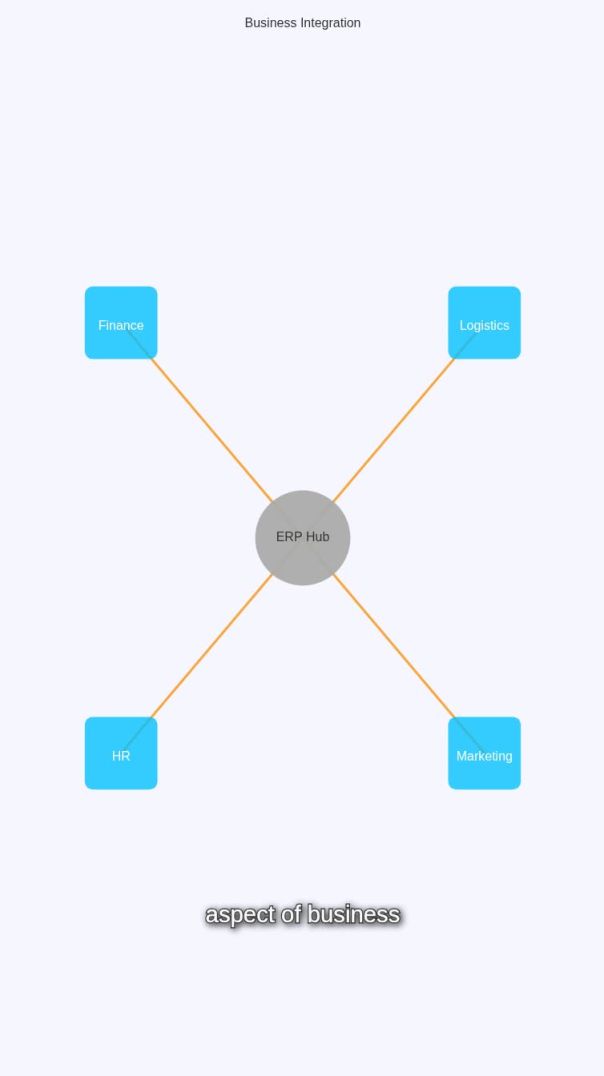

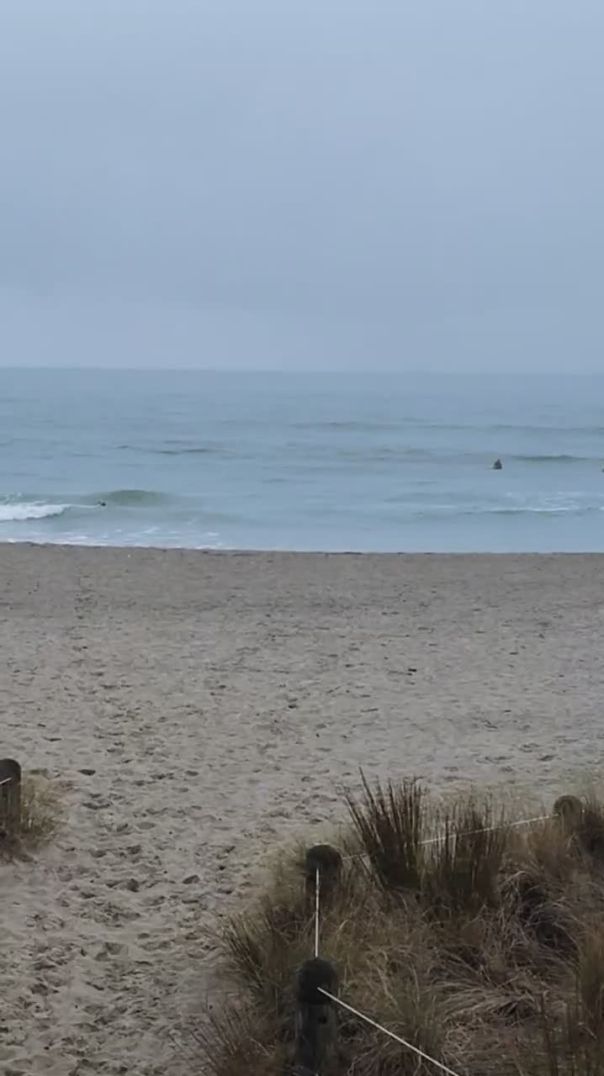
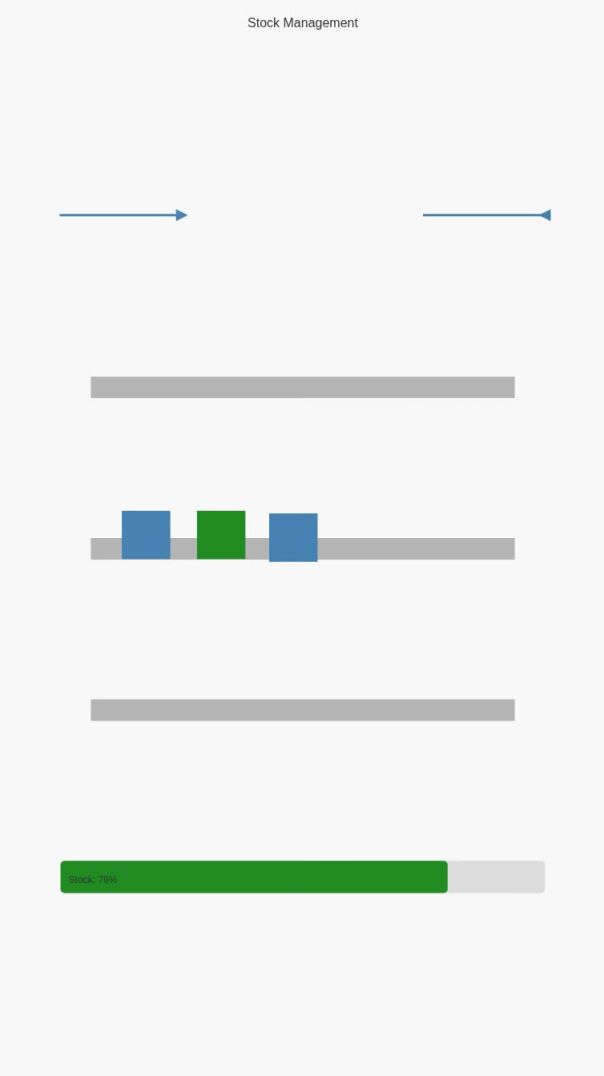

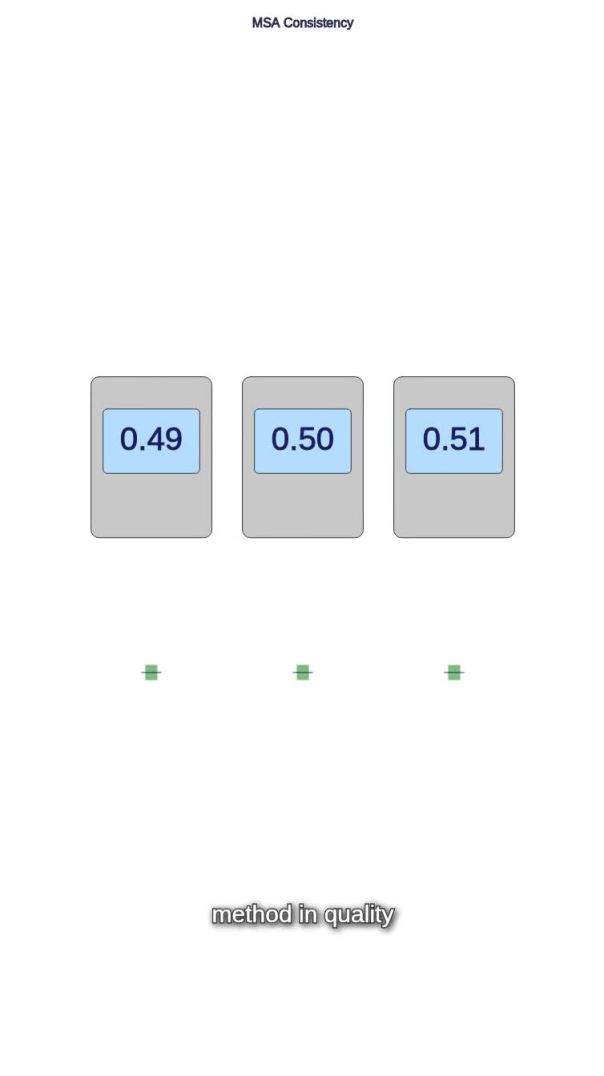









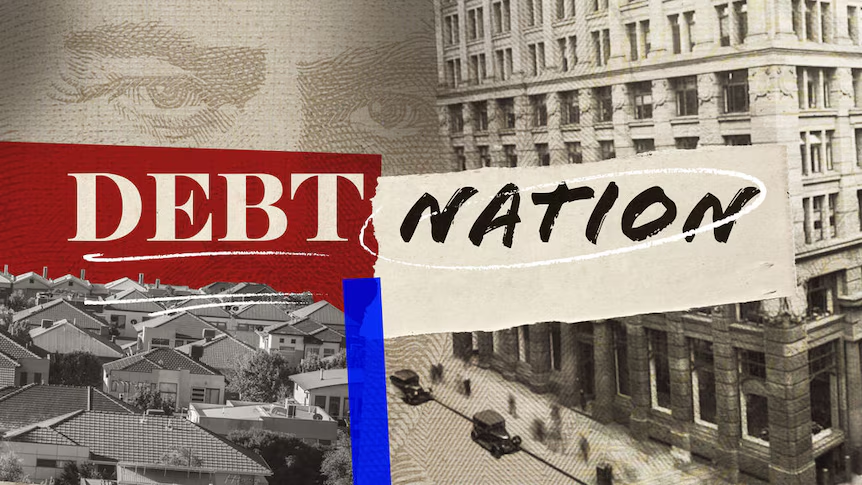
















raquelw5711198
4 months ago